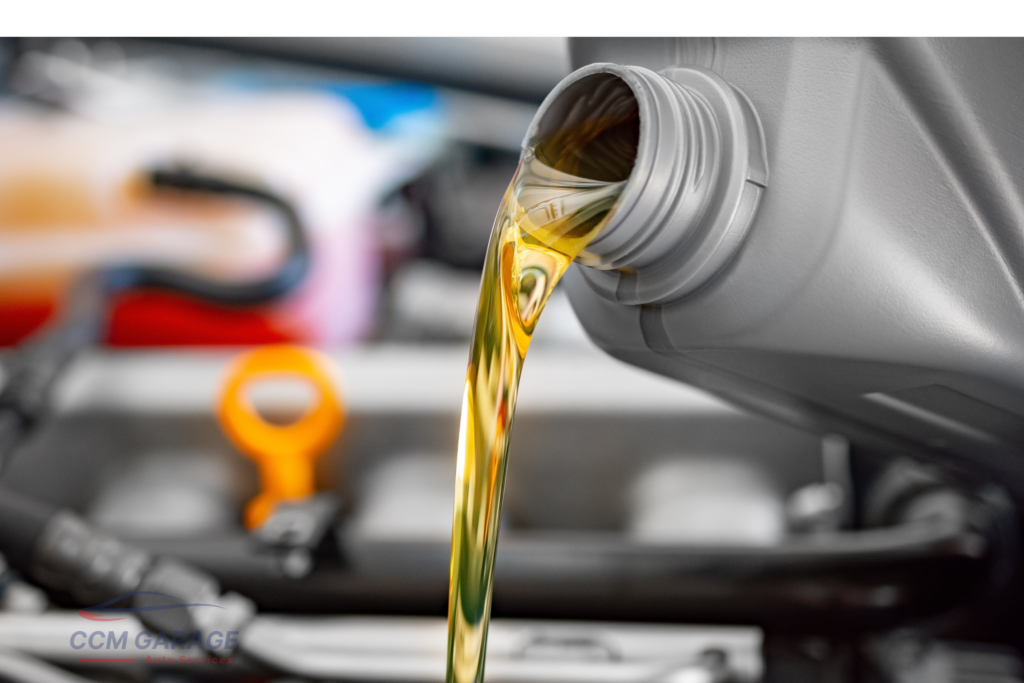Regular oil changes are crucial for the health and longevity of your car’s engine. But why exactly do cars need oil changes, and what happens if you skip this essential maintenance task? In this post, we’ll dive into the importance of oil changes and how they impact your vehicle’s performance.
What Does Engine Oil Do?
Engine oil plays a critical role in keeping your car running smoothly. It lubricates the engine’s moving parts, reducing friction and preventing overheating. Oil also helps keep the engine clean by trapping dirt and particles that could otherwise cause damage.
Without adequate lubrication, metal parts within the engine would grind against each other, leading to excessive wear and tear. Over time, this can cause engine failure, which is a costly repair. Regular oil changes help avoid these costly problems by ensuring the engine stays well-lubricated.
The Importance of Regular Oil Changes
- Prevents Engine Wear Engine oil is essential for maintaining a thin layer of lubrication between the engine’s moving parts. Without this protection, metal-on-metal friction can cause parts to wear down quickly, reducing the life of the engine.
- Keeps the Engine Clean Over time, dirt, sludge, and carbon deposits can accumulate in the oil, causing it to become less effective. Fresh oil helps flush out these contaminants and keeps the engine running smoothly. If left unchecked, this buildup can block oil passages and lead to engine overheating or even failure.
- Improves Fuel Efficiency Fresh oil helps the engine run more efficiently by reducing friction, which can improve fuel economy. A well-lubricated engine doesn’t have to work as hard, leading to better gas mileage and lower fuel costs.
- Enhances Engine Performance Oil reduces friction and wear, but it also absorbs heat. As the engine runs, it generates heat, and oil helps regulate the engine’s temperature. This ensures that the engine stays at an optimal operating temperature, which improves overall performance and reliability.
How Often Should You Change Your Oil?
While the general rule of thumb has been to change your oil every 3,000 miles, modern vehicles often have longer intervals. Some cars can go 5,000 to 7,500 miles before an oil change is needed, and newer models may even go as far as 10,000 miles between changes.
To find the right interval for your vehicle, check your car’s owner manual for the manufacturer’s recommendations. You can also take note of the oil change light on your dashboard, which will alert you when it’s time to make an appointment with your mechanic.
What Happens if You Don’t Change Your Oil?
Skipping oil changes can lead to serious issues. If the oil becomes too dirty or low, it can no longer lubricate the engine effectively. This could result in increased friction, overheating, and even catastrophic engine failure. In the worst case, neglecting oil changes can lead to the need for a complete engine replacement, which can cost thousands of dollars.
Signs You Need an Oil Change
If you’re unsure when to change your oil, there are a few signs to look out for:
- Dark or Dirty Oil: Check the color of your oil using the dipstick. If it’s dark brown or black and has a gritty texture, it’s time for a change.
- Engine Noise: If your engine sounds louder than usual, it could be due to insufficient lubrication.
- Check Oil Light: If this warning light comes on, it’s a clear indication that your oil levels are low, or the oil needs to be changed.
- Excessive Exhaust Smoke: Thick smoke from the exhaust could indicate oil leaking into the combustion chamber, a sign of an oil issue.
Choosing the Right Oil for Your Car
Not all oils are the same. You need to choose the right type for your car based on its make, model, and age. There are different types of motor oil available:
- Conventional Oil: Basic oil that is typically used in older vehicles or those with low mileage.
- Synthetic Oil: A more advanced oil that provides superior performance and protection, particularly in high-performance or newer vehicles.
- Synthetic Blend Oil: A mix of conventional and synthetic oils, offering enhanced protection at a more affordable price.
Check your owner’s manual or consult with your mechanic to choose the best oil for your car.
Conclusion
Oil changes are one of the simplest and most important ways to maintain your vehicle’s health and performance. By keeping up with regular oil changes, you’ll prevent engine damage, enhance fuel efficiency, and extend the life of your car. Don’t wait for the oil to run low or dirty—make oil changes a priority for your car’s health!
For more car maintenance tips and information on how to keep your vehicle in top shape, be sure to visit our blog or contact a trusted mechanic today.

